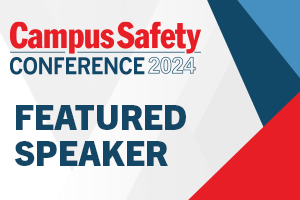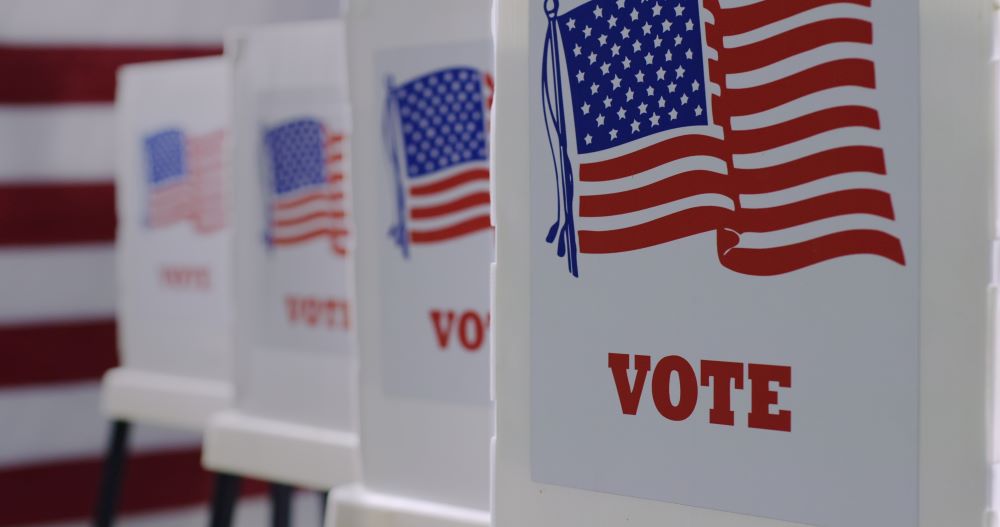These 13 tips will help you address security challenges associated with planned political activities.
Editor's note: This article offers tips on how universities can prepare for planned political activities and demonstrations. These methods also apply to the presidential election, but campuses hosting candidates should work with the Secret Service and adopt additional measures outlined here and here.
1. Become familiar with state and university freedom of expression policies and procedures. In Virginia, free speech rights must be protected as long as protesters are not disrupting university operations. Review state and university free speech policies. Your university may not have an explicit policy. Whether or not there is a policy, we recommend reviewing various “what if” scenarios with your university's legal department.
 The article's author, Jon Weinstein, will speak on two topics, “Armed Staff: Increased Security or Liability? and “The Intersection of Campus and Local Police,” at the 2024 Campus Safety Conference in Atlanta from July 8 to 10. For more information and to register, visit CampusSafetyMagazine.com.
The article's author, Jon Weinstein, will speak on two topics, “Armed Staff: Increased Security or Liability? and “The Intersection of Campus and Local Police,” at the 2024 Campus Safety Conference in Atlanta from July 8 to 10. For more information and to register, visit CampusSafetyMagazine.com.2. Request information from your state fusion center. Your state's fusion center is a valuable resource. If you request information a few weeks before your event, they can tell you what to expect and help you plan.
3. Have your department trained on how to properly respond to civil disturbances. Most university police departments do not have civil disturbance training. Protests, even passive resistance, overwhelm normal response capabilities. If a protest becomes large and disorderly, you will wish your police department had civil disturbance training and equipment. Lacking this critical capability, you may not have enough officers to cover the event without causing overtime costs to skyrocket and reducing response elsewhere. Even if you mobilize all of your officers, you may not have enough personnel to cover a large protest, let alone cover the rest of the campus. Without civil disturbance training, you may have to rely on neighboring jurisdictions.
4. Review mutual aid agreements with local governments. Make plans with local agencies for any assistance that may be needed, such as civil disturbance personnel, transportation of arrested persons, and traffic control.
5. Review your agency's use of force policies and procedures. Street-side events and contingencies are not as clearly defined as general orders, especially for officers who do not respond to such events on a daily basis. Discussing minimum use-of-force standards, escalation ladders, and other topics during roll calls will give officers confidence they are prepared and help avoid litigation. Leaders should also consider the level of force at which use-of-force reports will be made and whether too many reports will overwhelm the report review process.
6. Tell the officer you can record. Even though Supreme Court rulings allow officers to record and photograph during normal business operations (as long as it does not endanger officer safety, the integrity of the crime scene, and a few other limited exceptions), it is surprising how many officers react badly when confronted with someone attempting to record them, even if it is illegal. Check with the officer and the law to minimize embarrassment and the threat of a lawsuit. Also, remember that officers may take photos of people protesting on campuses, and they have no expectation of privacy. You never know who may be on film. If an arrest is made, the photos can help identify suspects and support the case against them.
7. Review Disorderly Conduct and Related Policies. Make sure your officers review all laws, University policies, and city ordinances regarding disorderly conduct, unlawful assemblies, etc.
If you enjoyed this article and would like to receive more valuable industry content like this, click here to sign up for our free digital newsletter.

